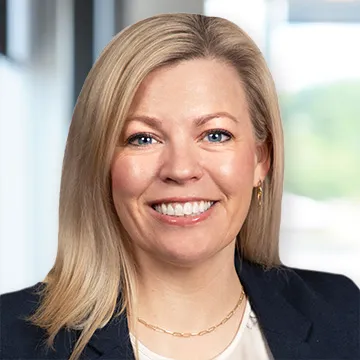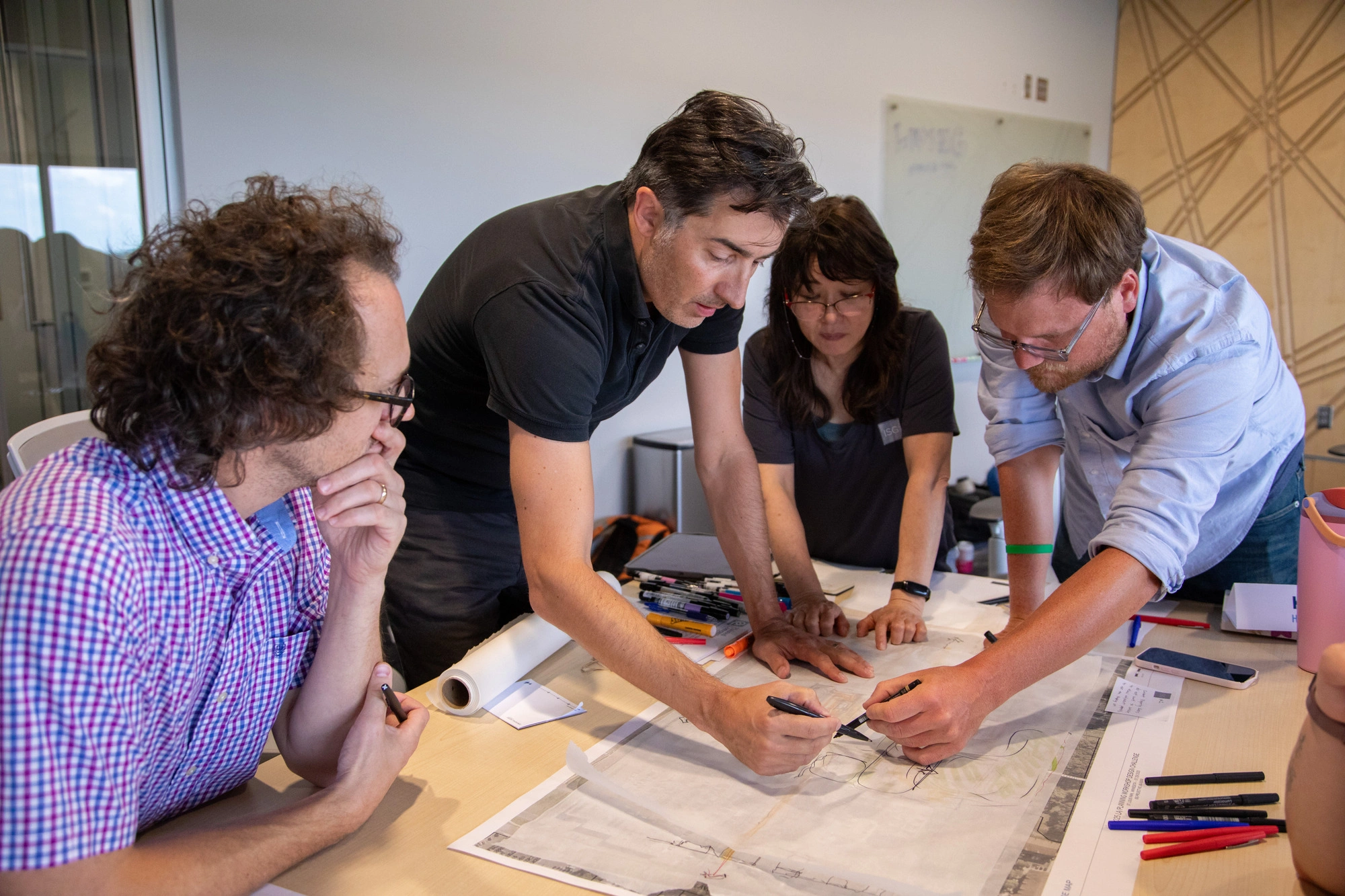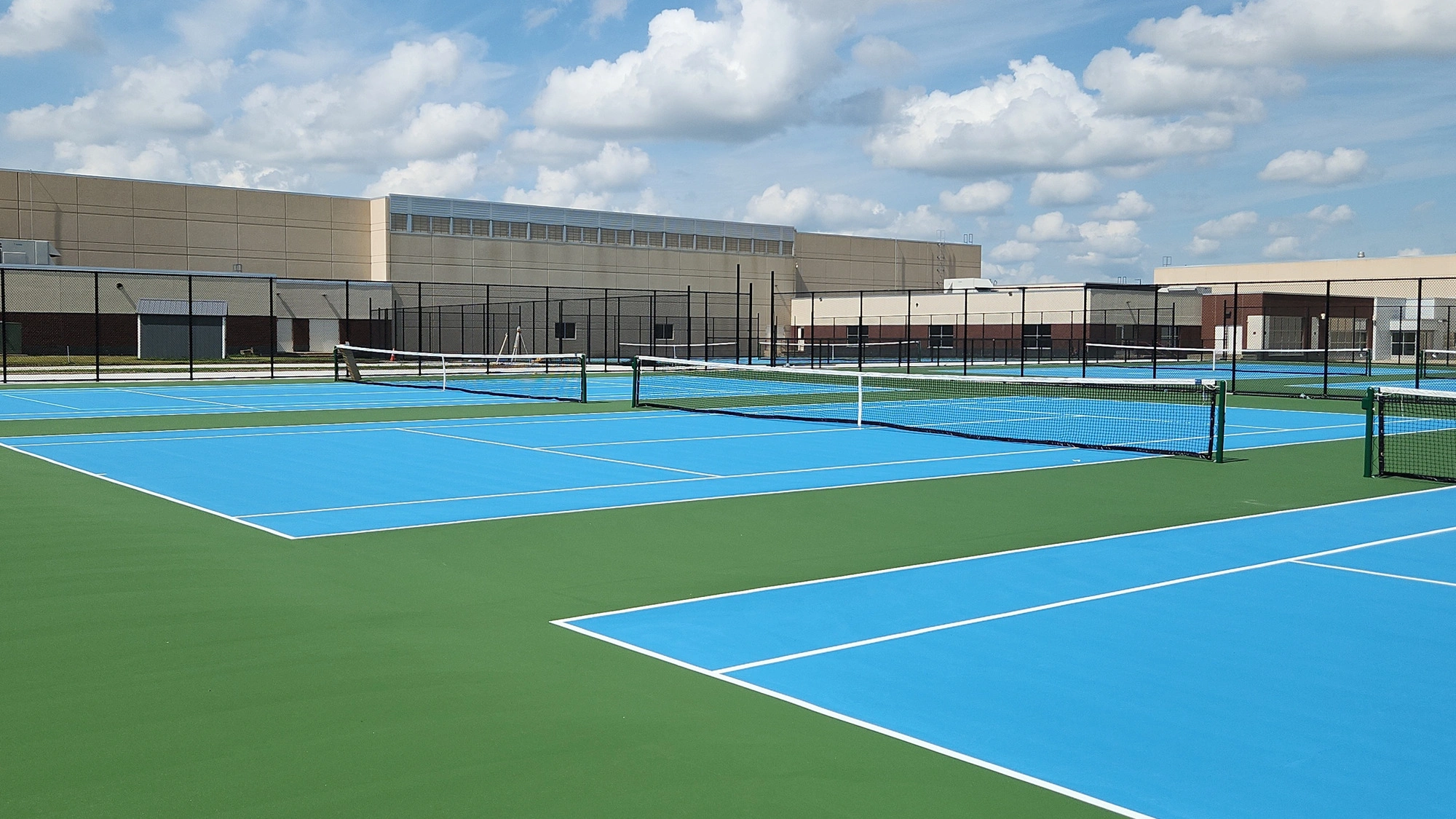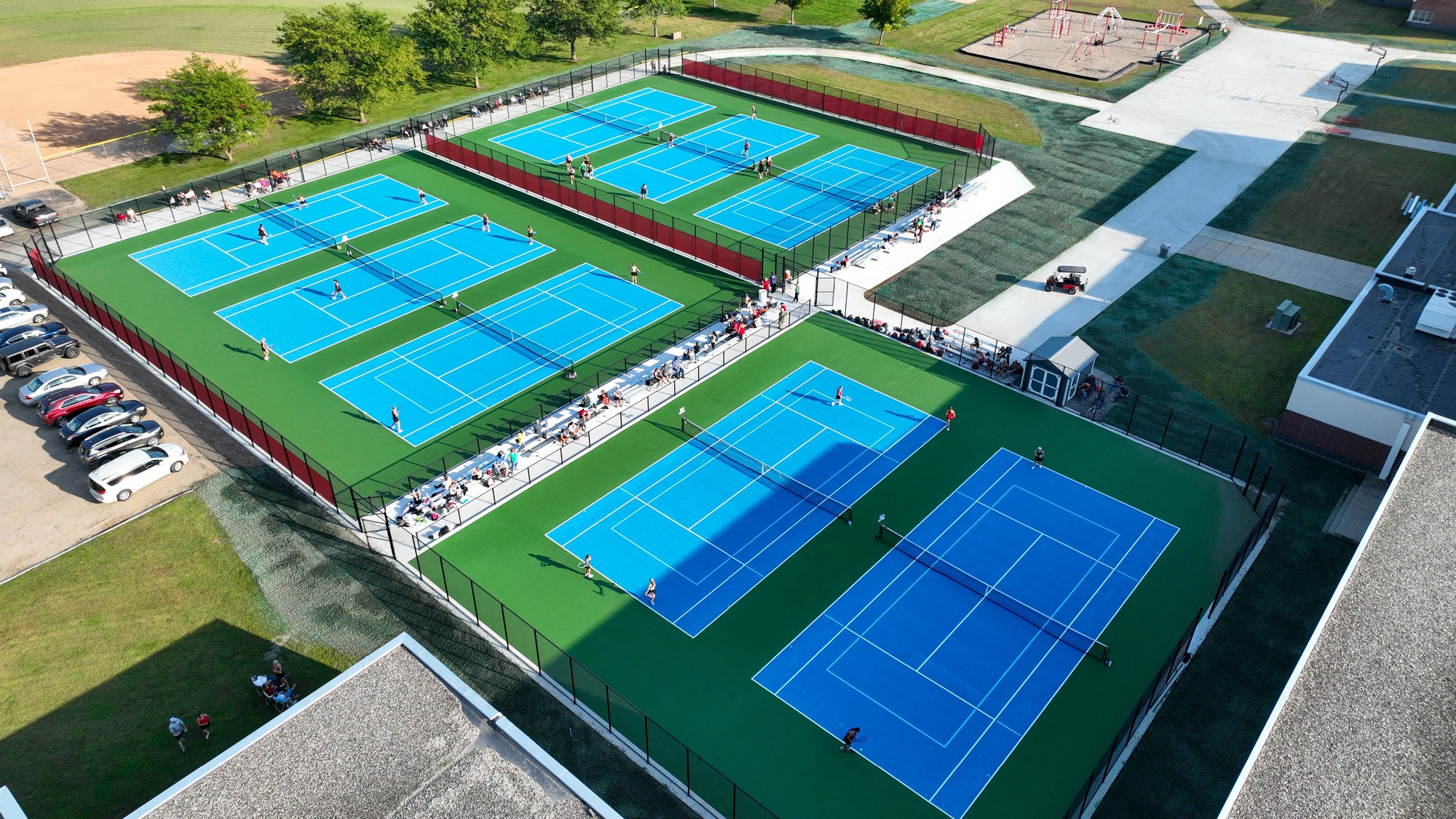Designing with Purpose: Reflections on Leadership, Passion, and the Future
American Institute of Architects Women’s Leadership (AIA WLS) Summit Recap
Recently, I had the opportunity to join inspiring women leaders from across architecture, engineering, and construction at the AIA WLS. I left feeling energized by the conversations about the history of women in AEC, where we are now, and where we are headed as an industry.
Understanding Origins
From an early age, I knew I wanted a career that made a difference. While my path to becoming a healthcare architect was not linear, it led me to a role that aligns with my passion: designing spaces that promote health and well-being. The built environment is one of the five key determinants of health, alongside access to care—both with healing power.
The summit’s theme of building resilience called on us to break down barriers, increase visibility, and empower women to shape their own careers. I met architects from Alaska, North Carolina, California, and everywhere in-between, each with unique origin stories—from early passions for art, teaching, building or math to personal experiences that sparked their love for design. Each lit up when asked about how they entered the profession and their personal ‘why’.
According to AIA’s 2023 Membership Demographic Report, women make up 40.5% of AIA Associates—higher than the overall membership formally licensed share of 26.8%.
With three years of back-to-back women AIA Presidents, it was refreshing to hear about honest leadership. These statistics and personal stories reminded me how far our roles in the AEC industry have come, even as we acknowledge how much further we can go.
Embracing Ambition
As more women step into leadership roles, adaptability and perseverance are critical. A key takeaway from the conference is the importance of sharing the “why” behind your work with your team. When people gain a deeper understanding behind what is driving a project, they become co-owners of that mission. For me, that mission is advancing better healthcare solutions for the communities we serve.
Leadership styles are not one-size-fits-all. It was exciting to hear from principals with diverse strengths, each embracing their authentic style. ISG embraces a similar approach, recognizing and building on the unique talents and strengths of its employee owners. This philosophy not only improves our multi-disciplinary expertise, but enhances our ability to meet the unique needs of our clients.
Shaping the Future with Individual Strengths
With more women entering the field, the future of our profession looks bright.
The National Architectural Accrediting Board (NAAB) reported in 2023 that 51% of architecture students are now women, a significant step toward greater gender equity.
To these future leaders, my advice is to stay true to their authentic energy and identify their personal power zones—the mental and physical spaces where their strengths shine.
I feel fortunate to collaborate with talented architects and engineers every day. ISG incorporates performance coaching into our culture, helping employees unlock their full potential. Finding champions within your network is essential—those who will support your growth and celebrate your individuality.
A Vision for the Future
As I return to my work, I am inspired to move beyond traditional healthcare typologies, focusing on physical health and how care can be embedded into the spaces we create.
I’m excited to help others craft careers that align with their personal strengths and passions, and I look forward to fostering connections that improve health and wellness outcomes in both rural and urban communities. Together, we can shape a future where design truly supports wellbeing for all.
.webp)
.webp)

.webp)
.webp)
.webp)
Related Articles


The Future of Southern Minnesota Lakes Conference Returns To Inspire Action on Lake Planning, Preservation, and Restoration
ISG is bringing back The Future of Southern Minnesota Lakes Conference for its fourth year from March 6–7, 2026 creating space for lake association members, environmental professionals, and community leaders dedicated to preserving and restoring Southern Minnesota lakes.





.webp)
_webfull.webp)
.webp)





